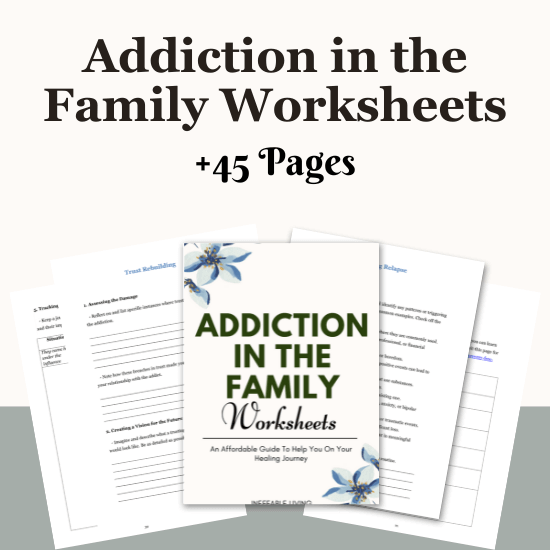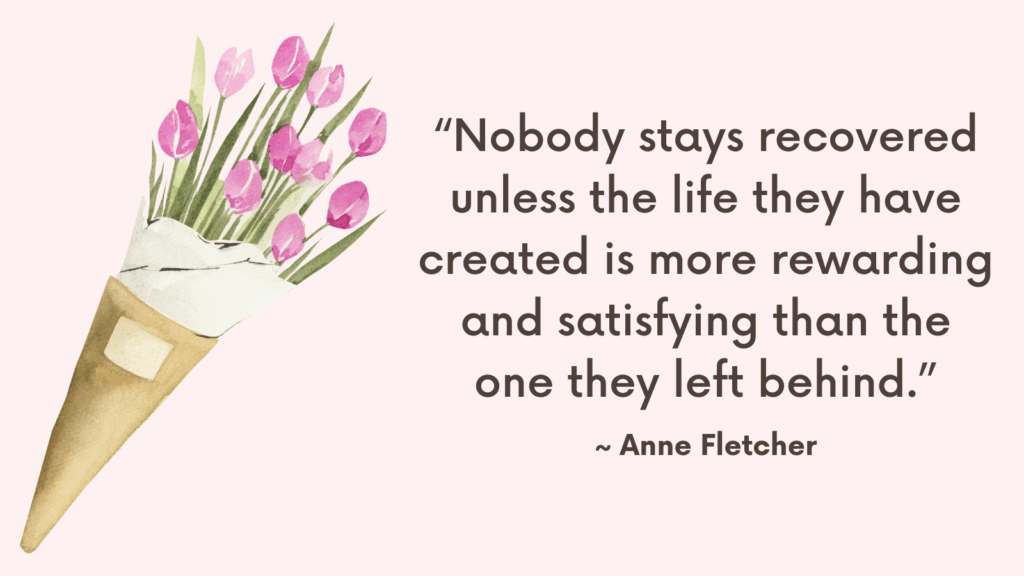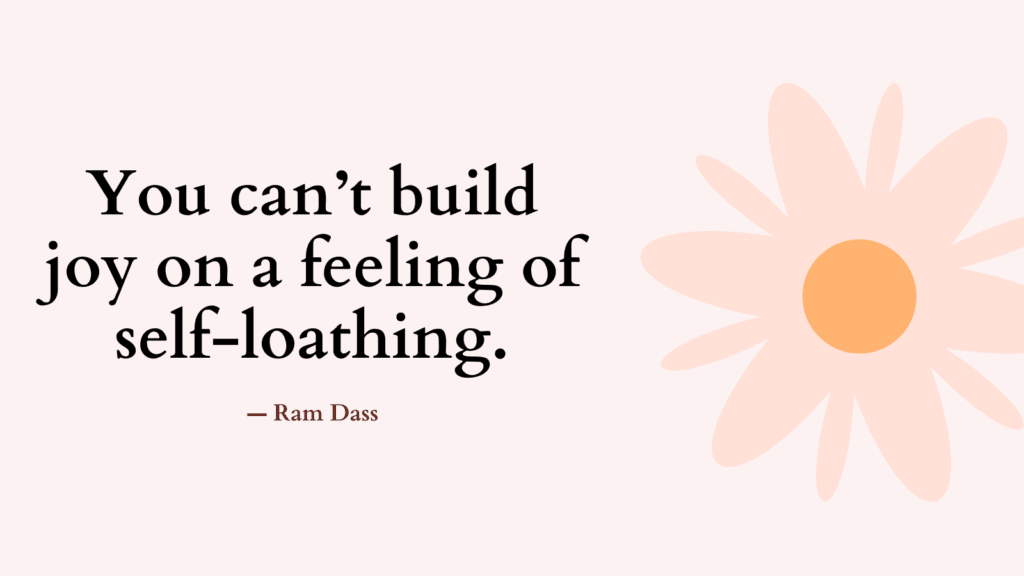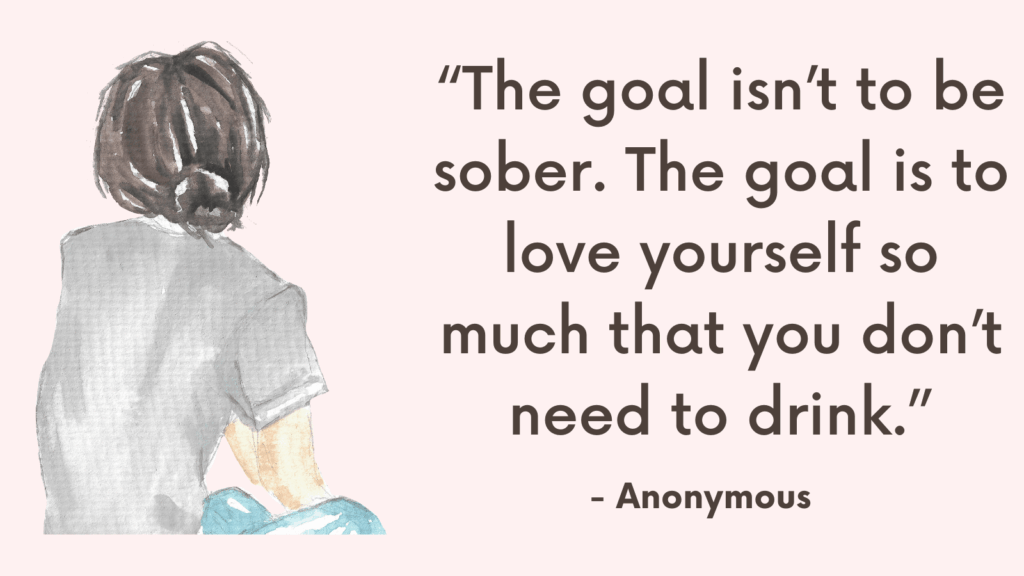Supporting a teen or young adult through addiction recovery is a delicate balance of love, structure, and letting go. This stage of life is already filled with identity shifts, peer pressure, and emotional turbulence — and addiction only amplifies the chaos.
Your support can make a real difference, but it must be intentional, grounded, and empowering — not controlling or reactive.
Here’s how to walk alongside them through recovery with wisdom and care.
What Makes Addiction Different — and Dangerous — for Teens and Young Adults
1. The Brain Is Still Developing
The prefrontal cortex — responsible for decision-making, impulse control, and understanding consequences — is not fully developed until the mid-20s.
This makes teens more:
Impulsive
Emotion-driven
Risk-seeking
Substances hijack the brain’s reward system before it’s fully formed, increasing the chance of long-term dependency.
Related: What Is Emotional Sobriety and How to Achieve It? (+FREE Worksheets)
2. Addiction Often Starts With Emotional Pain
Teens often turn to substances to cope with:
Anxiety
Depression
Family conflict
Low self-worth
Trauma or bullying
The substance becomes a way to escape — not just to party.
3. Peer Pressure and Social Influence Are Intense
Young people are wired to seek belonging. If substances are normalized in their social circles, it becomes harder to say no.
They may fear rejection, feel invincible, or want to appear cool — even at high cost.
4. Early Use Increases Long-Term Risk
The earlier someone starts using, the more likely they are to:
Develop addiction
Struggle with mental health
Drop out of school
Have legal or health consequences later in life
Early intervention is critical.
Related: How to Break the Addiction Cycle? [Definitive Guide]
5. Denial and Minimization Are Common
Many teens do not see their substance use as a problem. They may say:
Everyone does it
It’s just weed
I can stop whenever I want
But even casual use can mask deeper issues and lead to escalation.
6. Family Dynamics Play a Big Role
Unstable, critical, or overly permissive environments can contribute to addictive behavior. Enabling, inconsistency, or unaddressed trauma at home often fuel the cycle.
7. Co-occurring Disorders Are Common
Addiction in youth often overlaps with:
Anxiety
Depression
ADHD
PTSD
Eating disorders
These must be treated together — not separately.
8. Recovery Requires Age-Appropriate Support
Young people need:
Youth-focused therapy or counseling
Peer recovery groups for their age group
Family involvement
Support in rebuilding identity, purpose, and self-worth
Punishment alone doesn’t heal — connection and accountability do.
Related: 4 Stages of Addiction (+FREE Worksheets)
How to Support a Teen or Young Adult Through Addiction Recovery?
1. Educate Yourself First
You cannot support what you do not understand. Learn about:
- What addiction is and how it affects the brain
- Common relapse triggers in youth
- The difference between support and enabling
- Mental health issues that often co-occur with addiction
Knowledge reduces panic and increases compassion.
2. Focus on Building Trust, Not Just Control
Teens and young adults value autonomy. Instead of demanding compliance, aim to:
- Be consistent and calm
- Listen more than you lecture
- Validate their feelings even when you disagree
Trust opens the door to influence.
3. Create a Safe, Judgment-Free Home Environment
Recovery is fragile. Your home should feel:
- Emotionally safe — no shaming or guilt-tripping
- Structured — with clear expectations and boundaries
- Supportive — where setbacks don’t equal rejection
Make it easier for them to choose recovery daily.
Related: Top 9 Excuses For Not Drinking
4. Set Clear, Firm Boundaries
Boundaries help you stay healthy and hold them accountable. Be specific about:
- What behaviors are not acceptable in your home
- What support you are willing — and not willing — to provide
- What the consequences will be for broken trust
Boundaries are a form of love — not punishment.
5. Encourage Professional Help Without Forcing It
Recovery is more successful with professional support. Gently guide them toward:
Therapy or counseling
Outpatient or inpatient treatment
Recovery groups geared toward youth (like Teen AA, SMART Recovery)
Offer options — not ultimatums.
6. Don’t Rescue Them From Consequences
Letting them face the natural outcomes of their actions is essential for growth. Avoid:
- Covering for missed school or work
- Paying off debts related to substance use
- Fixing every problem they create
Pain can be a teacher — if you don’t block the lesson.
Related: What Is Emotional Addiction & How to Overcome It
7. Support Their Identity Beyond the Addiction
Help them reconnect with who they are without the substance. Encourage:
- Creative outlets or hobbies
- Volunteering or service
- Spiritual practices or mindfulness
- Healthy social circles
They are not their addiction — remind them of who they can become.
8. Take Care of Yourself, Too
You cannot support someone else if you are burned out, resentful, or emotionally flooded. Make time for:
- Your own therapy or support groups (like Al-Anon)
- Rest and self-care
- Healthy boundaries with others in your life
Your stability models what healthy recovery looks like.
Related: How to Avoid Addiction? Top 9 Things You Can Do
9. Celebrate Progress — Not Just Perfection
Progress is rarely linear. Celebrate:
- One day sober
- Showing up for therapy
- Making a hard, healthy decision
- Owning a mistake and trying again
Encouragement keeps hope alive.

Conclusion
Supporting a teen or young adult through addiction recovery is not about fixing them — it’s about walking with them while they find their way.
Be steady, be honest, and be patient.
You are not responsible for their choices, but your presence can be a powerful anchor in their storm.
With the right support, healing is not only possible — it’s probable.



